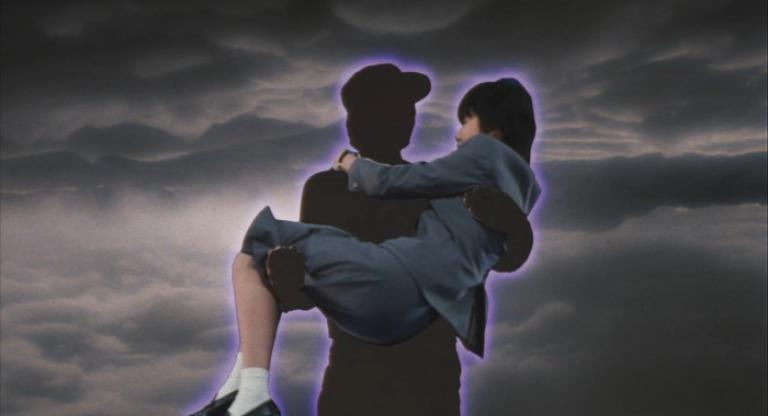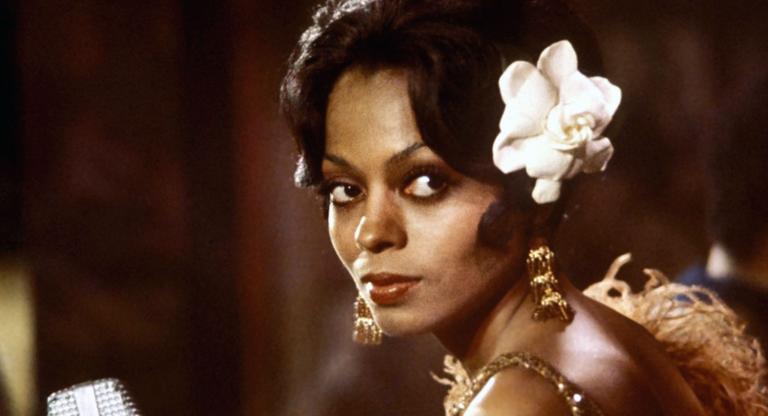The filmmaker Rebecca Baron found an abandoned box with a roll of Super-8 film inside it on a neighborhood sidewalk in San Diego in the ‘90s. Lying bare and unattached to a wheel, the film featured a young Cambodian man—his face animated, arms widespread and flailing, laughing and speaking to someone off camera. Nothing on the box indicated to whom the films belonged or who the young man was. All there was was small lettering that read “Koh Kong,” a western coastal province of Cambodia.
This find led Baron down a research rabbit hole about Cambodia: its colonial histories, its perception by the West, the violent years under the Khmer Rouge, and the possible backstory for the unnamed Cambodian man she saw in the film. The result of this project, a discursive journey of learning and questioning, crystallized into okay bye-bye (1998), a 39-minute essay film named after what Cambodian children shouted to the U.S. ambassador in 1975 as he took the last helicopter out of Phnom Penh. Since the film’s initial release and warm reception at numerous domestic and international festivals, it has been included in a 2010 retrospective at the Austrian Film Museum, as well as the 2000 Whitney Biennial—perhaps not least for its poignant reflection on the photographic medium and critiques of extractive art practices exercised by Western powers toward their postcolonial subjects.
Baron, a longtime media artist, experimental documentary filmmaker, and professor at the California Institute of the Arts, has long possessed an intellectual obsession with images while also being painfully aware of their limitations as vehicles of knowledge or truth. In her previous short,The Idea of North (1995), Baron investigates a series of images from three polar explorers in 1887, pairing a matter-of-fact voiceover with manipulated footage of the silver print photographs and imagery of moving icebergs constructed from frozen milky water and wax. Struggling to square the images of the happily energetic young man with the atrocities that took place in Cambodia throughout the ‘70s and ‘80s, Baron asks if “image and memory can occupy the same space.”
The density of ideas and provocations in her film invites and rewards multiple viewings. What coheres the many strands of inquiry—the blend of found footage, epistolary narratives, memoir, journalism, and official history—is Baron’s voiceover as a contemplative narrator both tortured and fascinated by the voyeuristic, self-indulgent impulse of her own “research.” By calling into question the many modes through which we conventionally acquire our beliefs, Baron’s film exposes the ambivalence at heart in the endless pursuit for absolute knowledge, recognizing that images are powerful not as objective documentation of reality but as objects, even catalysts, of human interpretations and narrativizing.
okay bye bye screens this evening, November 11, at New York University’s Cantor Film Center as part of the series “Restoring Memory: Paths to Life.” It will screen alongside
Dorothee Schön and Hubertus Meyer-Burckhardt’s Watching While Dying (1983) and Zhang Zhen’s Mellanrum (1985).



